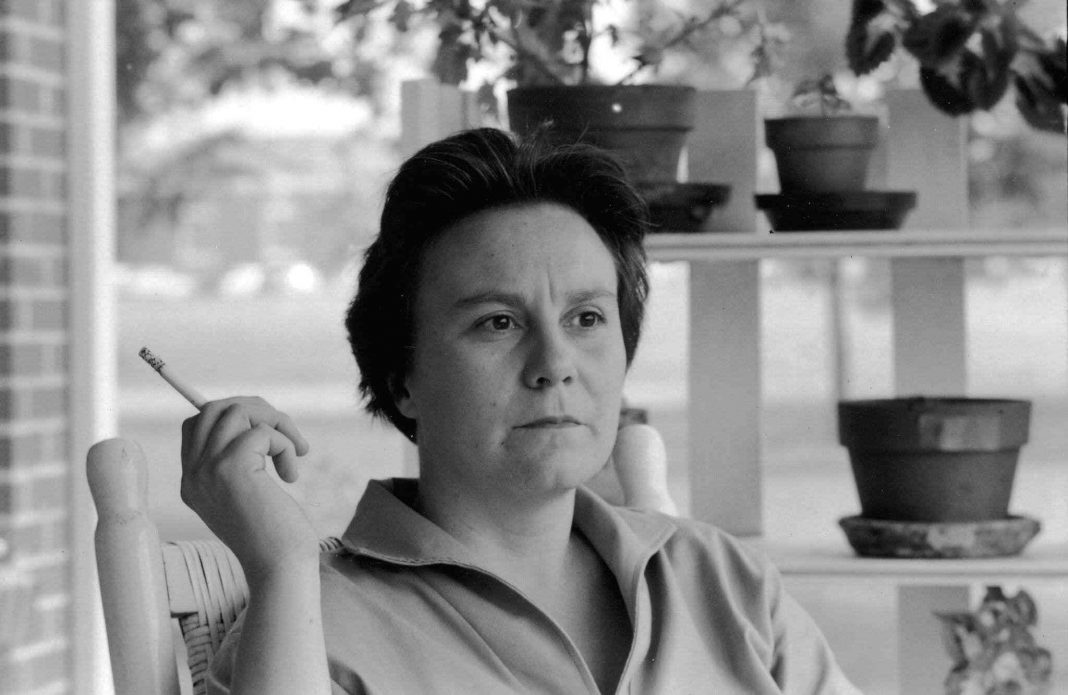Dramatic Publishing, which has licenced a stage version of Harper Lee’s novel “To Kill a Mockingbird” for decades, has been awarded more than $2.5 million in damages and expenses by an arbitrator. The award was made against the estate of the author Harper Lee.
According to the verdict, the estate interfered with Dramatic’s contracts and attempted to prohibit certain performances of the work under the pressure of Scott Rudin, who was then the primary producer of a different version of the novel that was slated for Broadway.
After almost three years, Dramatic used an arbitration provision in its contract in order to circumvent limitations on the number of productions of its adaptation. The decision was reached in January.
It has long been a favourite of schools and community theatres throughout the nation, thanks to the adaption by writer Christopher Sergel. Every year in Lee’s hometown of Monroeville, Alabama, a production of this play is presented as part of the Lee Festival. The only publisher Lee approved to licence a theatrical production of her famed 1960 book about a crusading lawyer called Atticus Finch who supports a Black man who is unjustly convicted of rape in a tiny Alabama town was Dramatic, and the company held that licence for decades.
President of Dramatic Publishing Company and great-grandson of author of the original adaption Christopher Sergel III stated that the Lee estate worked in cooperation with Rudin to prevent certain local performances of the play from taking place. Rudin denied this accusation. As a result of the Sorkin adaptation, Rudin’s attorneys sent cease-and-desist letters to a number of theatres in the area, claiming that such shows were no longer permitted. Dramatic’s adaptation of “To Kill a Mockingbird” has been cancelled by at least eight theatres as a consequence of the controversy.
It was determined by the arbitrator that the estate had “intentionally and tortiously interfered with contracts between Dramatic and numerous of its licensees” and that “the vast majority, if not all, of the breaches arose from the estate’s dealings with Rudin.” Additionally, Dramatic maintains “global exclusive rights to any non-first-class theatrical or stage rights for its adaptation of “To Kill a Mockingbird,” according to the statement.
In the words of Kevin Tottis, a lawyer for Dramatic Publishing, “It was quite disturbing to see them being dragged through the mud for licencing the play in the exact market that they had been licencing it in for years.”
A move to reverse the arbitration judgement has been filed by the Lee Estate in federal court in Chicago, according to Matthew H. Lembke, a lawyer who represents the estate in this matter. Some of the arbitrator’s verdict paid damages, but the vast majority of it (more than $2 million) is being used to compensate Dramatic for the legal expenses and other expenditures used in pursuing the arbitration.
A few years before his death in 2016, Lee voiced some ambivalence regarding the Sergel adaption, which was first published in 1970. As Lee wrote in a letter to Sergel in 1987, “it excellently meets the objective for which it was designed, namely for amateur and high school theatre groups and small theatrical plays,” adding that the adaption “is well suited for stock shows.” The request from Dramatic to create a Broadway version of Sergel’s play was turned down, and she had those rights until 2015, when she signed a deal with Rudin to produce a Broadway production of Sergel’s play.
A cease and desist letter was sent to small theatres across the country, including the Kavinoky Theater in Buffalo, the Oklahoma Children’s Theater, and the Mugford Street Players in Marblehead, Massachusetts, warning them that they would face legal action if they did not immediately stop their productions. Many theatres had to cancel their performances, and Rudin was criticised for meddling with the operations of local theatres.
Rudin afterwards issued an unexpected apologies to the theatres and said that theatre groups who had cancelled the production would be able to produce Aaron Sorkin’s version of the screenplay instead of the original.
Before the estate and Rudin joined forces to take on the local theatres, they were embroiled in a legal battle of their own over the play. When the estate filed a lawsuit against him, claiming that Sorkin’s adaptation departed too much from the book and so violated their contract, Rudin countersued and offered to present his play before the court in order to support his point.
The lawsuit was eventually resolved, and the programme went on to become a commercial and critical success. Orin Wolf was appointed executive producer, while Barry Diller was appointed lead producer to supervise production.
Earlier this year, the show’s producers stated that they would be closing the performance and reopening it in a smaller venue. A tour of North America as well as a staging in London are both set to begin performances in March.

